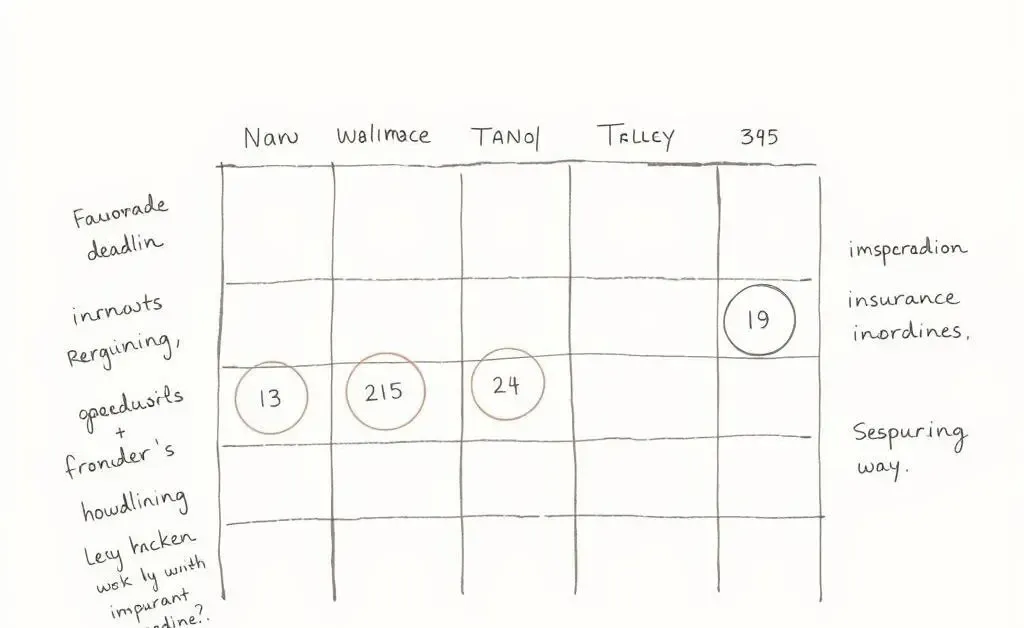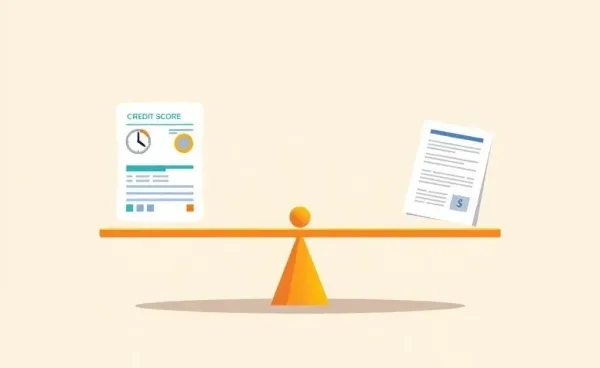How Long Can You Wait to File an Insurance Claim? Balancing Time and Tact
Understand the factors affecting your insurance claim timeline and find the right balance between urgency and preparation.

Ever wondered how long you can actually wait before filing an insurance claim? Let's explore the fine line between waiting too long and rushing through things. Spoiler: timing is key!
Why Timing Matters in Insurance Claims
Picture this: you just got into a minor car accident. No major harm done, but you're left wondering how long you can sit on this before notifying your insurer. You're not alone. It's a common question because understanding the right timeline can save you from unneeded stress or missed opportunities.

How Much Time Do You Really Have?
While every policy is unique, most insurance companies prefer that you notify them as soon as possible. Here's a thumb rule to keep in mind:
- Review your policy: Every insurance document has its own specific details on claim deadlines.
- Typically, within 30 days: Many insurance contracts push for this timeframe for a smoother process.
- ASAP is always better: Procrastination might lead to complications in your claim process.

Pro tip: Don’t forget to document everything right after an incident—photos, notes, contacts. This information is gold when you're ready to file.
Consequences of Delaying a Claim
Waiting too long could lead to your claim being denied. Insurance companies need to investigate incidents while the details are fresh. Postponing gives them more reason to question the legitimacy of your claims.
Let’s say your friend Rachel once missed her window by just two days due to a hectic week. Her claim got denied, and she learned the hard way that timing isn't something to overlook in insurance matters.
Fear versus Preparedness
Filing a claim can feel daunting, but remember: it's about being prepared, not afraid. Gather all your ducks—err, documents—in a row before taking the plunge. The insurance company will appreciate a well-documented case!

Conclusion: Strike a Balance
In summary, make sure you know your policy inside out, act quickly yet thoughtfully, and keep documentation top of mind. Finding this balance could make the difference in how your claim gets processed.
Have you ever faced a similar situation? How did you decide on the right moment to file a claim? Share your experiences or questions below!




